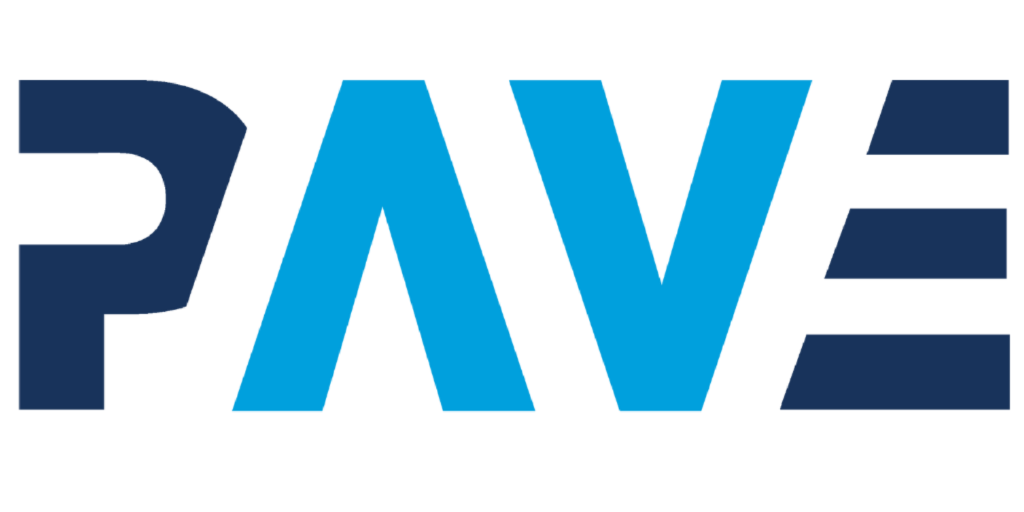Meet the Inclusive Design Challenge Semifinalists: Waymo
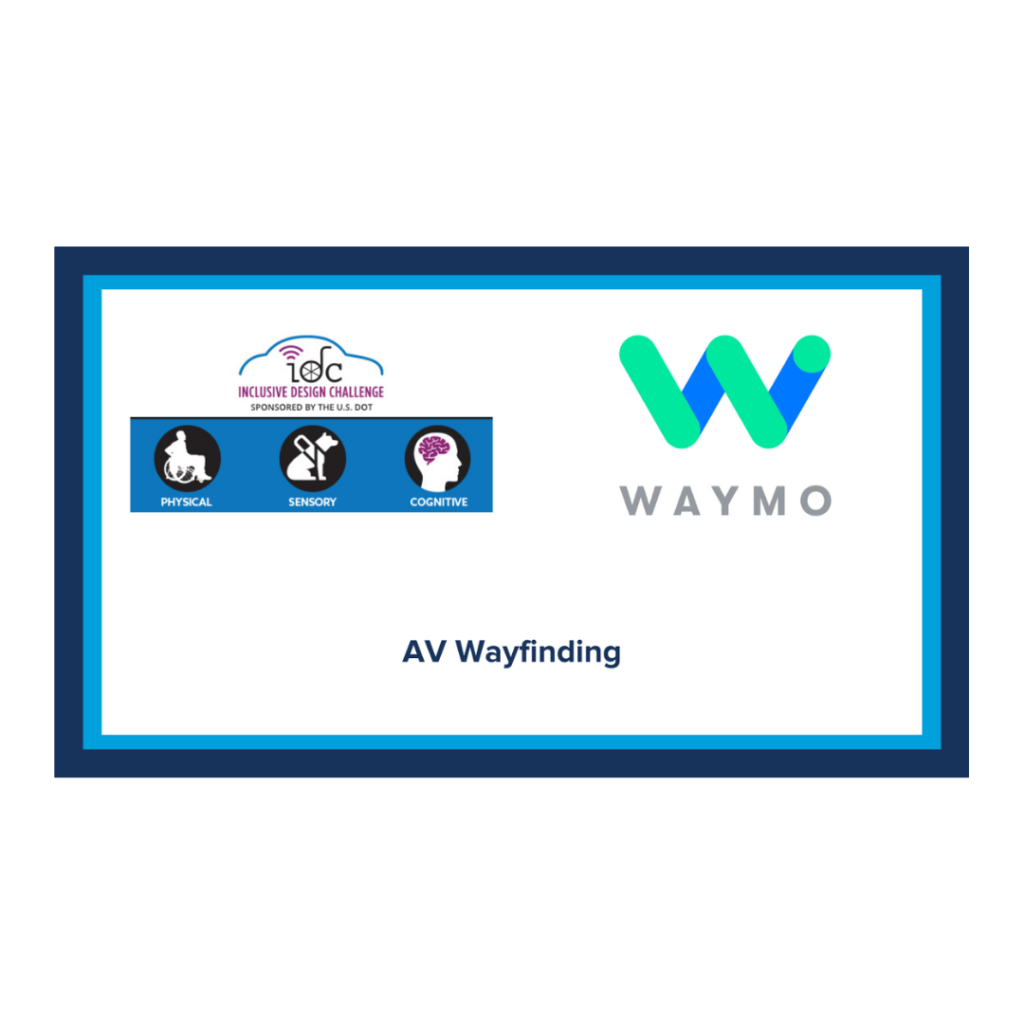
Semifinalist Team: Waymo Proposal Title: AV Wayfinding Proposal Summary: Waymo’s existing ride-hailing service already integrates inclusive design features, including the option to minimize walking time when ordering a trip, turn-by-turn walking navigation, the ability to honk the car’s horn remotely, and to contact support staff who have access to the vehicle’s cameras. In Stage II, […]
Meet the Inclusive Design Challenge Semifinalists: University of Kansas
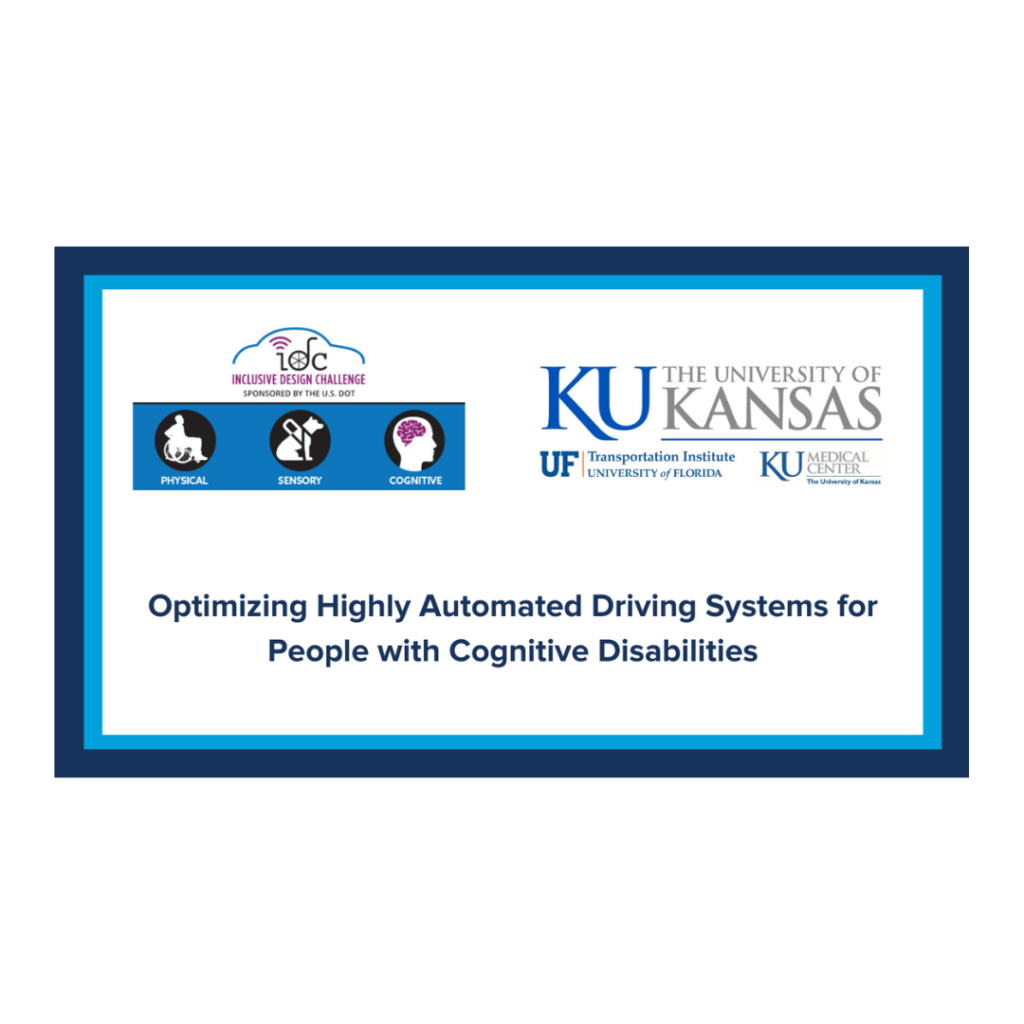
Semifinalist Team: University of Kansas Proposal Title: Optimizing Highly Automated Driving Systems for People with Cognitive Disabilities Proposal Summary: The goal of this project is to develop innovative ADS designs that operate at Levels 4 and 5 for people with mild cognitive impairment (MCI) and mild to moderate dementia. The team proposes an integrated system […]
Meet the Inclusive Design Challenge Semifinalists: Purdue University
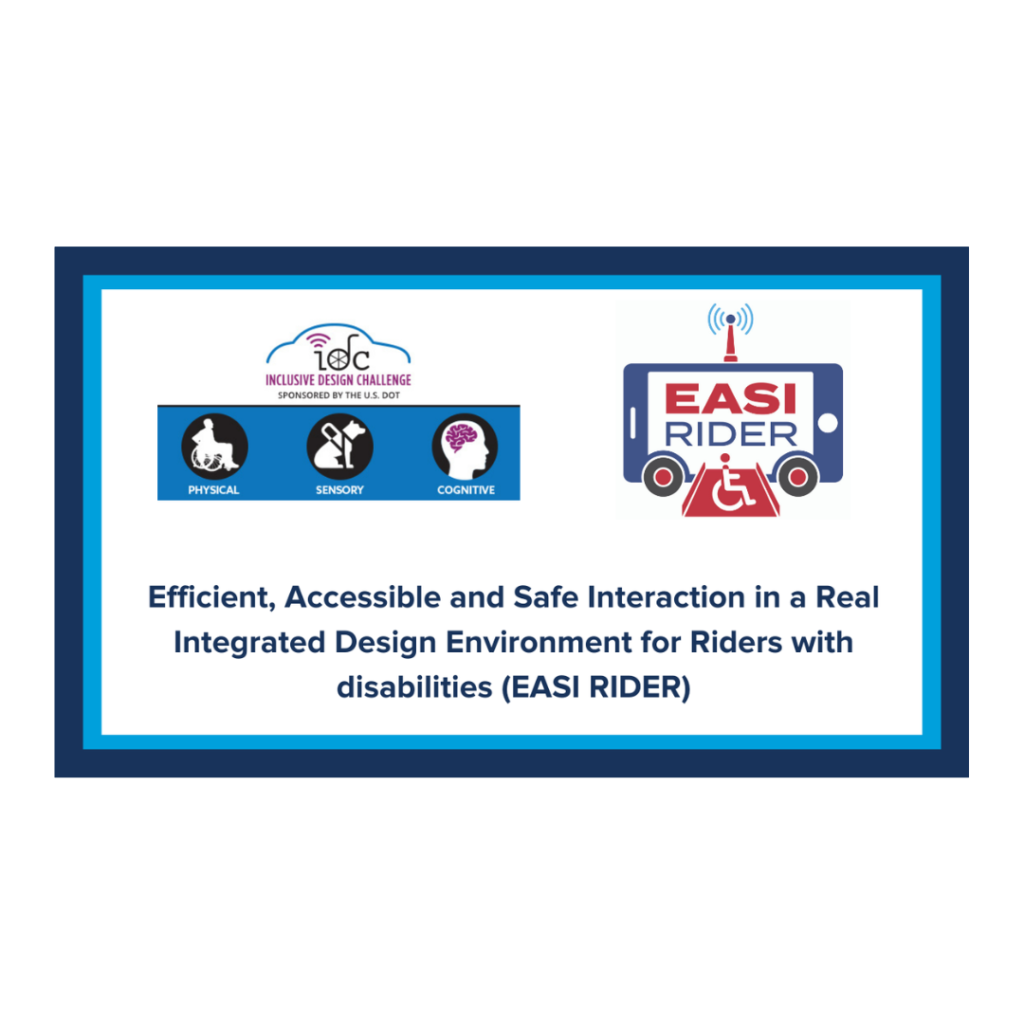
Semifinalist Team: Purdue University Proposal Title: Efficient, Accessible and Safe Interaction in a Real Integrated Design Environment for Riders with disabilities (EASI RIDER) Proposal Summary: The team will work to develop the Efficient, Accessible and Safe Interaction in a Real Integrated Design Environment for Riders with disabilities (EASI RIDER). The team will develop an in-floor […]
Meet the Inclusive Design Challenge Semifinalists: Foresight Augmented Reality
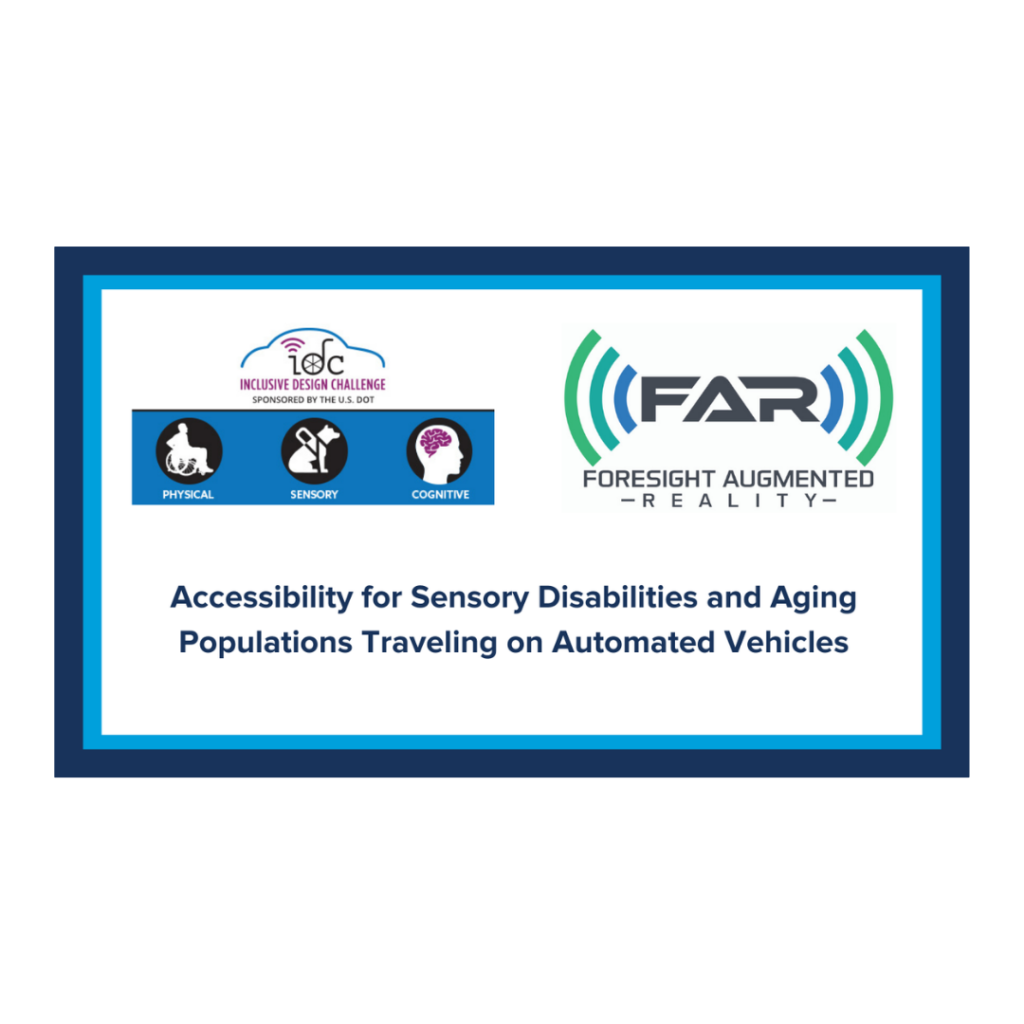
Semifinalist Team: Foresight Augmented Reality Proposal Title: Accessibility for Sensory Disabilities and Aging Populations Traveling on Automated Vehicles Proposal Summary: This team will address the problem of locating an ADS-DV, interacting with it in routine and emergency situations, and improving the safety and security of people with disabilities. They will develop an accessible app with […]
Meet the Inclusive Design Challenge Semifinalists: May Mobility &UMTRI
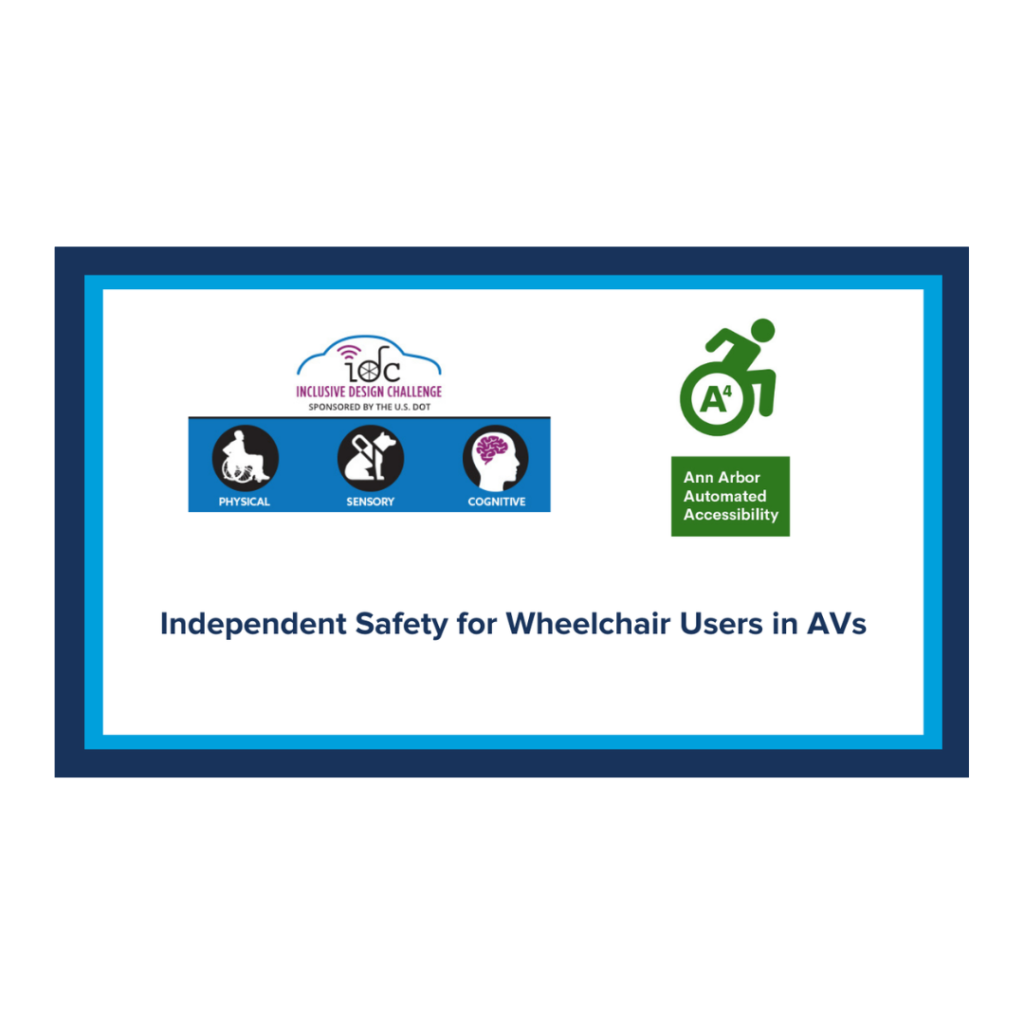
Semifinalist Team: May Mobility & University of Michigan Transportation Research Institute (UMTRI) Proposal Title: Independent Safety for Wheelchair Users in AVs Proposal Summary: For this project, the research team will install an automated wheelchair docking system meeting specifications for a universal docking interface geometry (UDIG). This concept allows any wheelchair with attachment hardware meeting the […]
Meet the Inclusive Design Challenge Semifinalists: Carnegie Mellon University
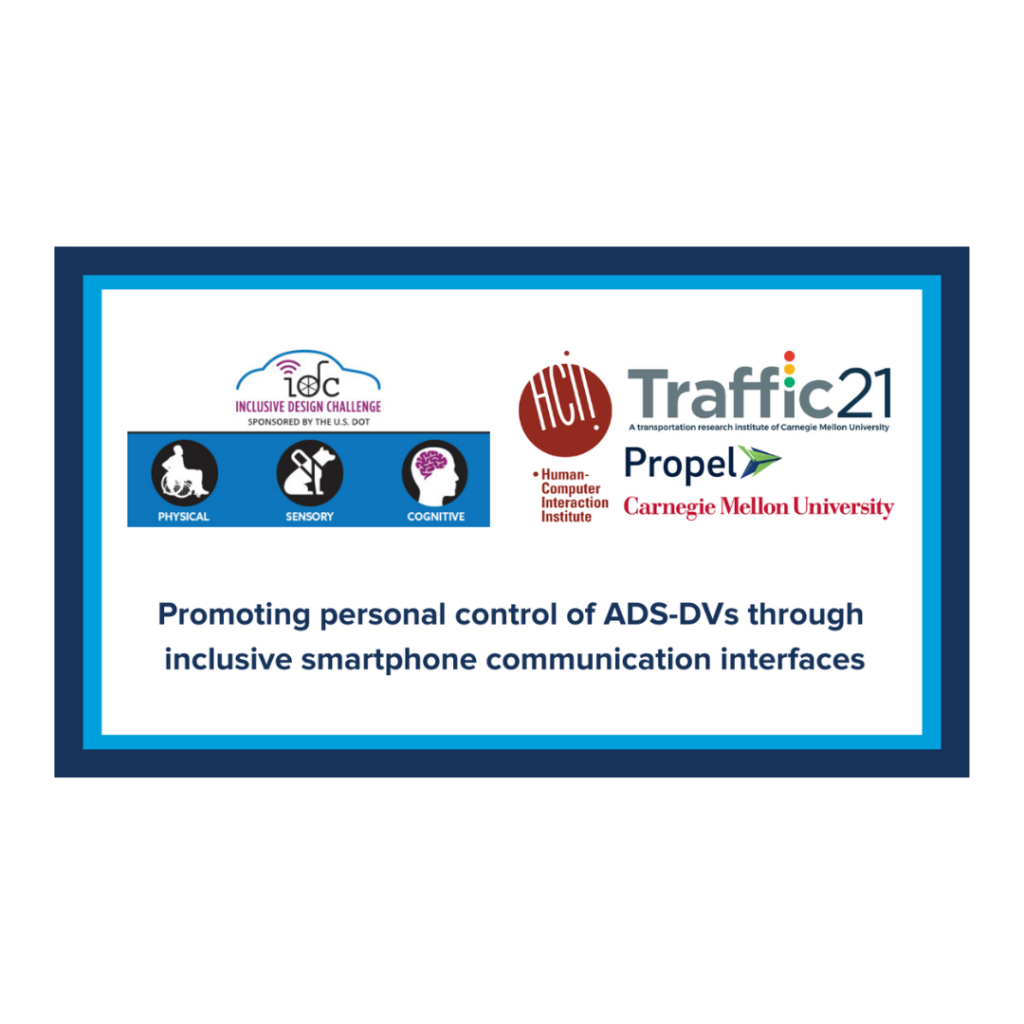
Semifinalist Team:Carnegie Mellon University Proposal Title: Promoting personal control of ADS-DVs through inclusive smartphone communication interfaces Proposal Summary: This team will design and develop an inclusive, generalized smartphone-based interface design system, building off of modern smartphone accessibility systems. The interface will allow a user to send and receive messages from the vehicle and control the […]
Meet the Inclusive Design Challenge Semifinalists: Boston University
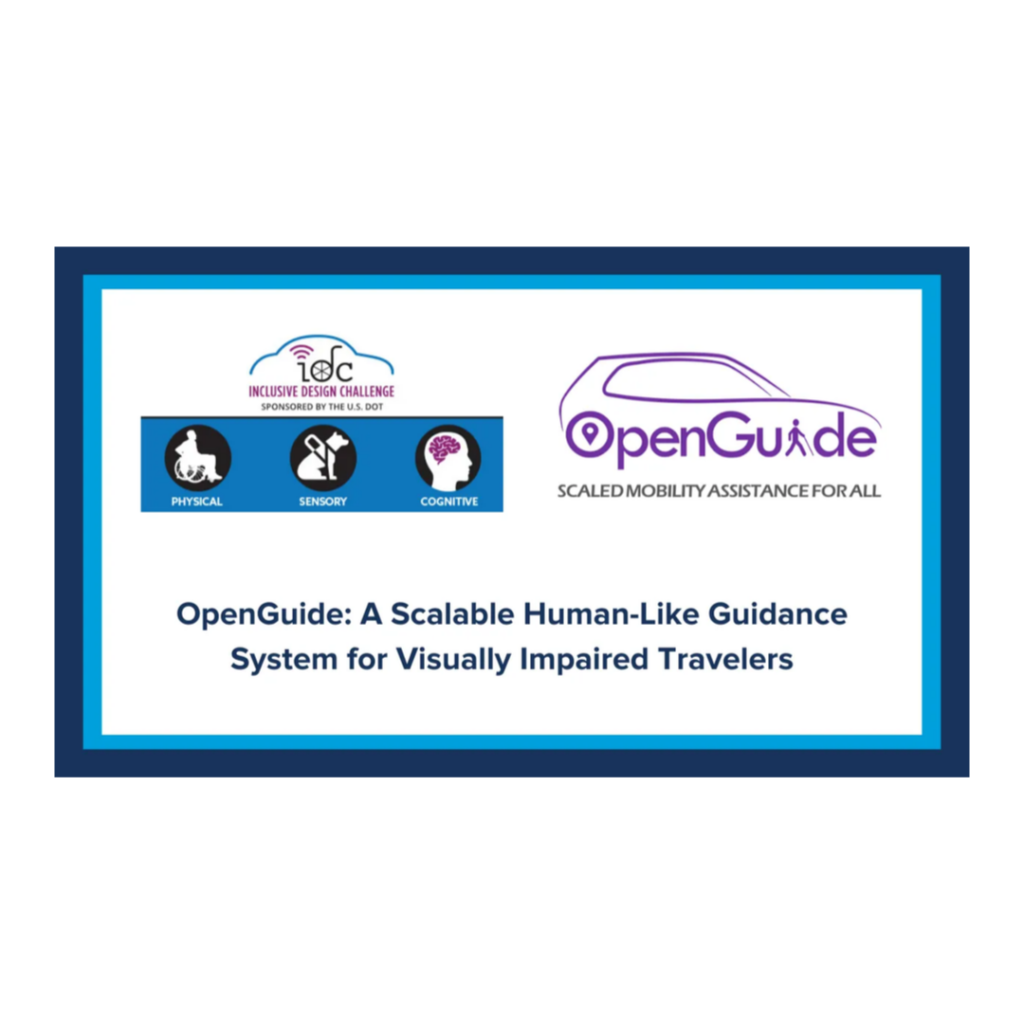
Semifinalist Team: Boston University Proposal Title: OpenGuide: A Scalable Human-Like Guidance System for Visually Impaired Travelers Proposal Summary: OpenGuide builds upon the team’s previous work in assistive and autonomous navigation technologies through two holistic platforms which the team will develop in Stage II. OpenGuide-Benchmark will develop a large, standardized dataset with expert guidance annotations which […]
Meet the Inclusive Design Challenge Semifinalists: AbleLink Smart Living Technologies
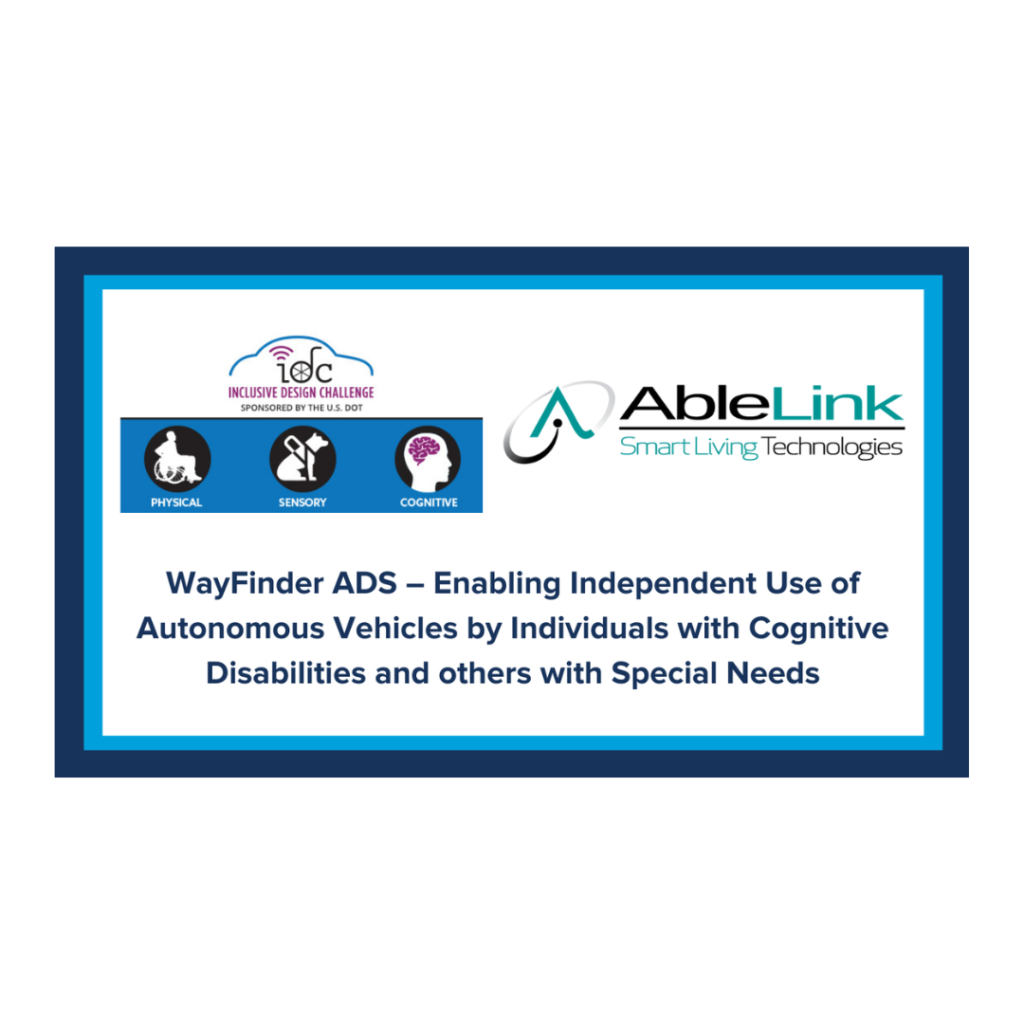
Semifinalist Team: AbleLink Smart Living Technologies Proposal Title: WayFinder ADS – Enabling Independent Use of Autonomous Vehicles by Individuals with Cognitive Disabilities and others with Special Needs Proposal Summary: The research team will lay the foundation for accessibility to Level 4 & 5 ADS-DVs by developing the WayFinder ADS system, a comprehensive mobile application designed […]
Introduction to the Inclusive Design Challenge with PAVE & Lindsey Teel
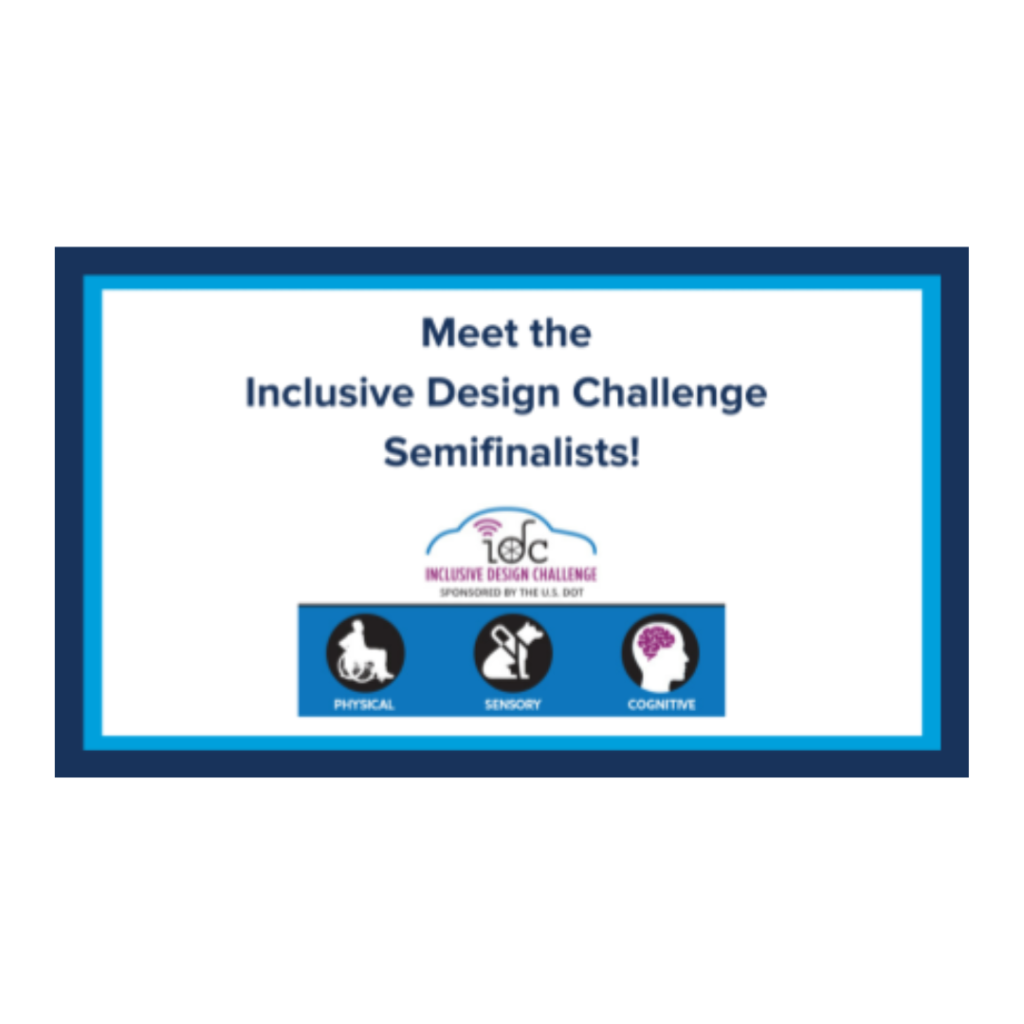
The U.S. Department of Transportation’s Inclusive Design Challenge offers financial rewards for innovative solutions on how automated vehicles can better serve individuals with disabilities. In 2020, PAVE teamed with DOT in promoting the challenge, including hosting a live webinar entitled “AVs for All: Inspiring Solutions for Accessible Design.” The ten semifinalists devised proposals to break […]
Fully automated vehicles: A cost-based analysis of the share of ownership and mobility services, and its socio-economic determinants
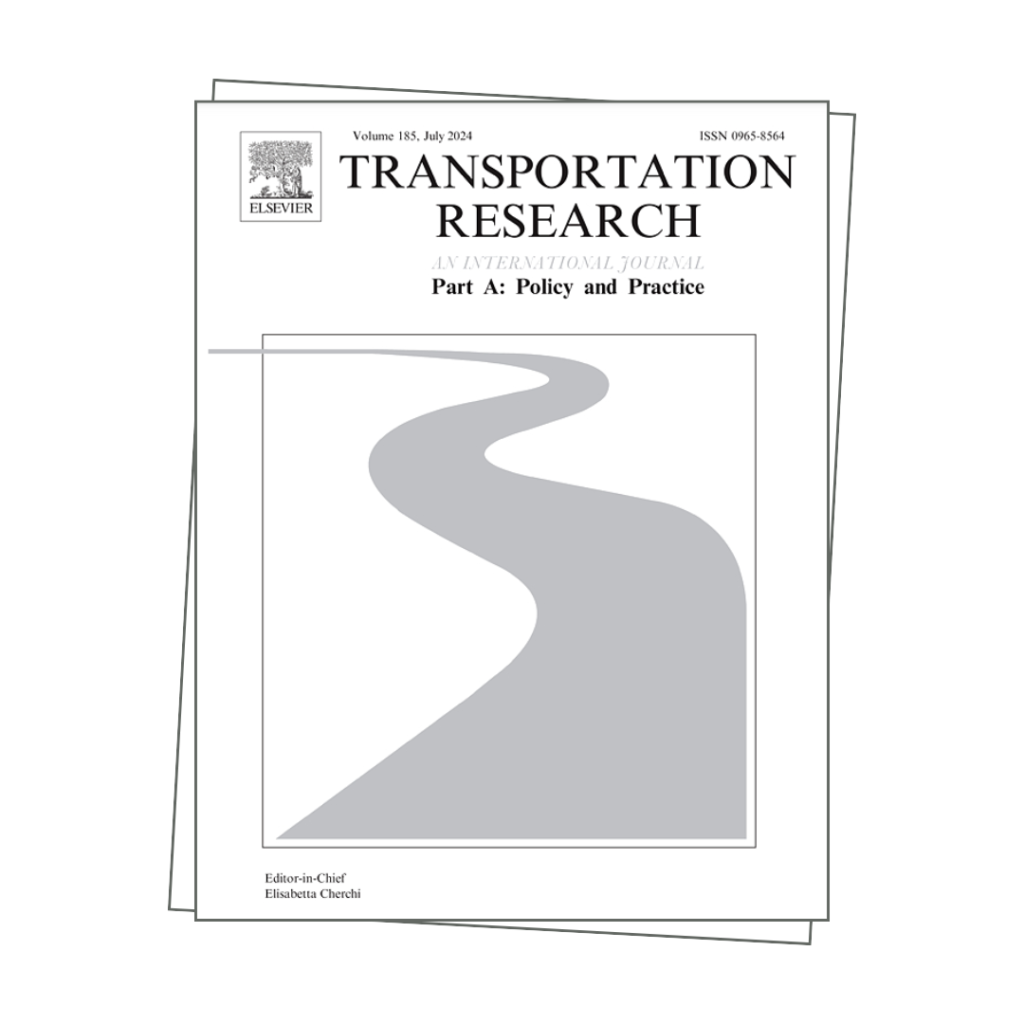
A major uncertainty in the diffusion of autonomous vehicles is the split between ownership and automated mobility services. We calculate total cost of ownership and use (TCOU) to compare four alternatives: private manually driven vehicles, private automated vehicles, automated on-demand exclusive use mobility services (ridesourcing) and automated on-demand pooled mobility services (ridesplitting), for both conventional […]
